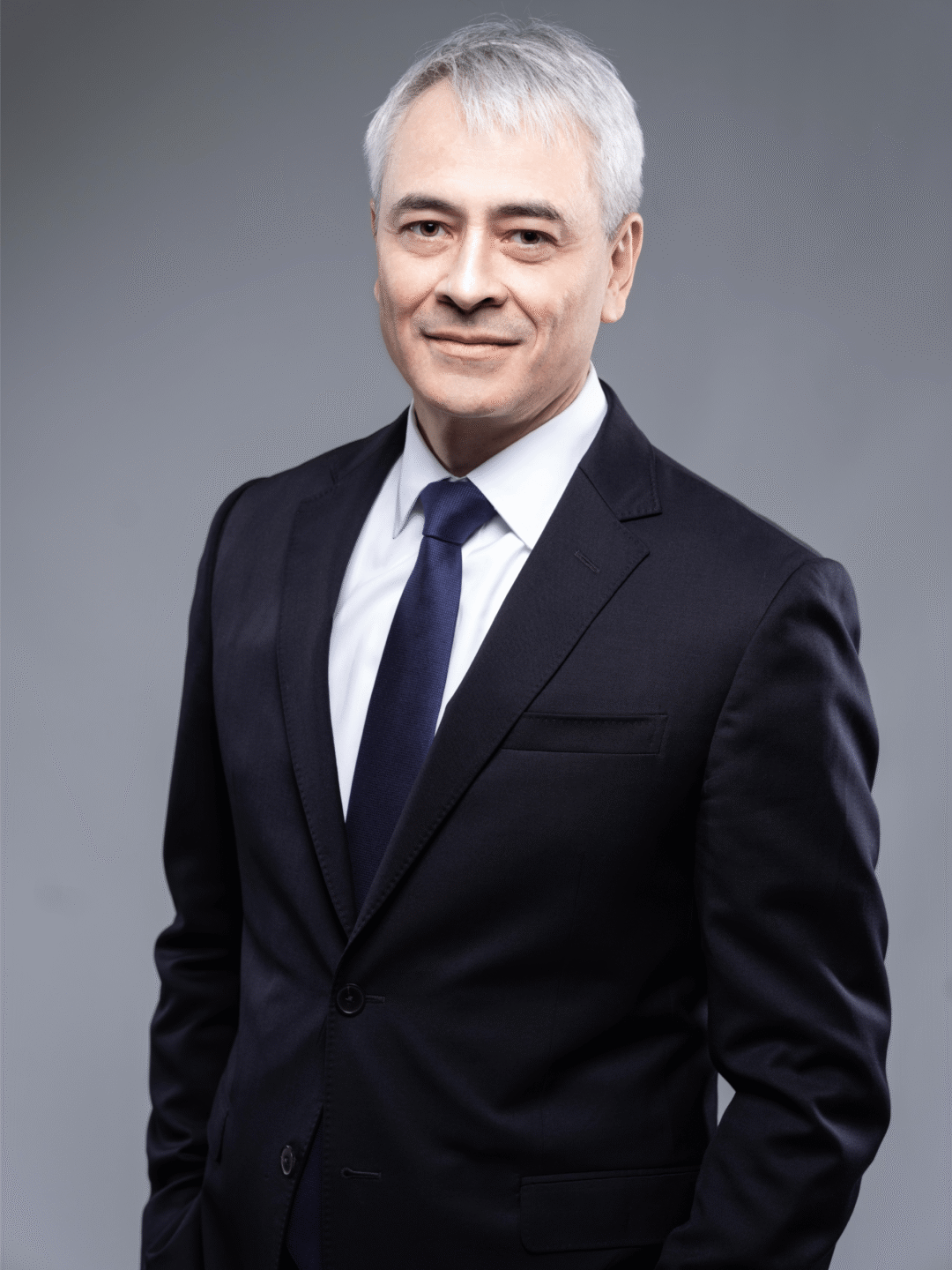![Forest Restoration Creates Economic Growth in Indonesia [Episode 37]](https://economicarchitectureproject.org/wp-content/uploads/2026/03/maxresdefault.jpg)
Economic Architecture
How do we solve the problems that really matter?
Join host and founder of Economic Architecture, Dr. Stuart Yasgur, in conversation with pioneers at the leading edge of innovation to understand the concrete actions we can take to address the daunting challenges that are shaping our lives. Through in-depth conversations with innovators, community leaders, experts, and others most proximate to the issues, the Economic Architecture podcast brings us closer to understanding how we can redesign the market and our collective capacity to solve the important problems we face.
![Forest Restoration Creates Economic Growth in Indonesia [Episode 37]](https://economicarchitectureproject.org/wp-content/uploads/2026/03/maxresdefault.jpg)
Episodes
![How infrastructure banks support resilient infrastructure [Episode 36]](https://economicarchitectureproject.org/wp-content/uploads/2026/02/maxresdefault-3.jpg)
![A new financial model for property development [Episode 35]](https://economicarchitectureproject.org/wp-content/uploads/2026/02/maxresdefault-2.jpg)
![Investing in Forests: How innovative investments create resilience [Episode 34]](https://economicarchitectureproject.org/wp-content/uploads/2026/02/maxresdefault-1.jpg)
![The essential role of small businesses after disaster [Episode 33]](https://economicarchitectureproject.org/wp-content/uploads/2026/02/YT-Thumbnail_Kristen-Fanarakis-1512x849.png)
![How long-term vision builds more resilient communities [Episode 32]](https://economicarchitectureproject.org/wp-content/uploads/2026/01/maxresdefault-2.jpg)
![Meet the innovators designing homes that build community: Frolic [Episode 31]](https://economicarchitectureproject.org/wp-content/uploads/2026/01/sddefault.jpg)
![How a company turned a labor shortage into an opportunity for change. [Episode 30]](https://economicarchitectureproject.org/wp-content/uploads/2026/01/maxresdefault-1.jpg)
![Resilience isn’t about bouncing back. It’s about building differently. [Episode 29]](https://economicarchitectureproject.org/wp-content/uploads/2026/01/maxresdefault.jpg)
![Come dream, come build affordable homes [Episode 28]](https://economicarchitectureproject.org/wp-content/uploads/2025/12/maxresdefault-6.jpg)
